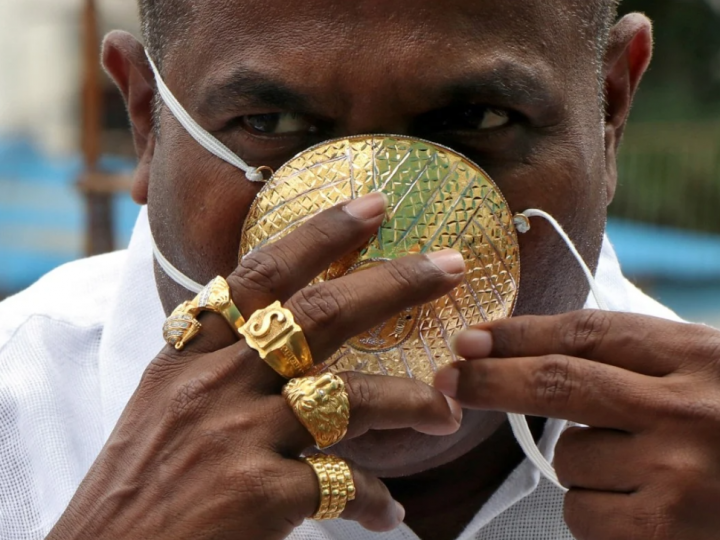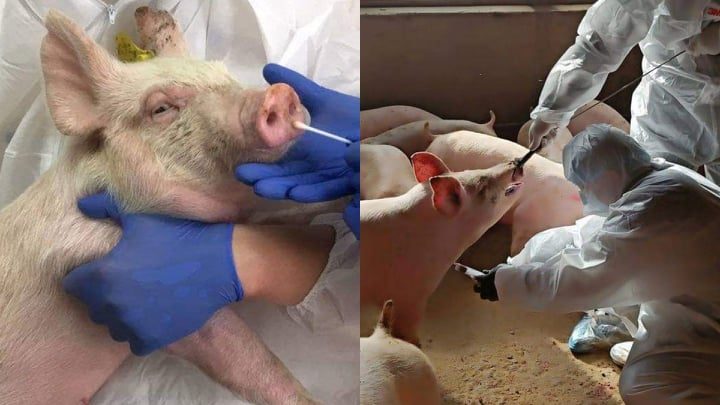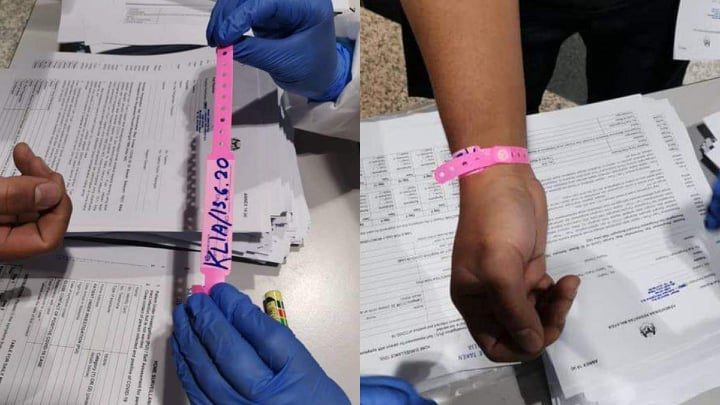Indonesian Ministry of Agriculture Creates ‘Anti-Virus’ Necklace, Claims It Could Kill COVID-19
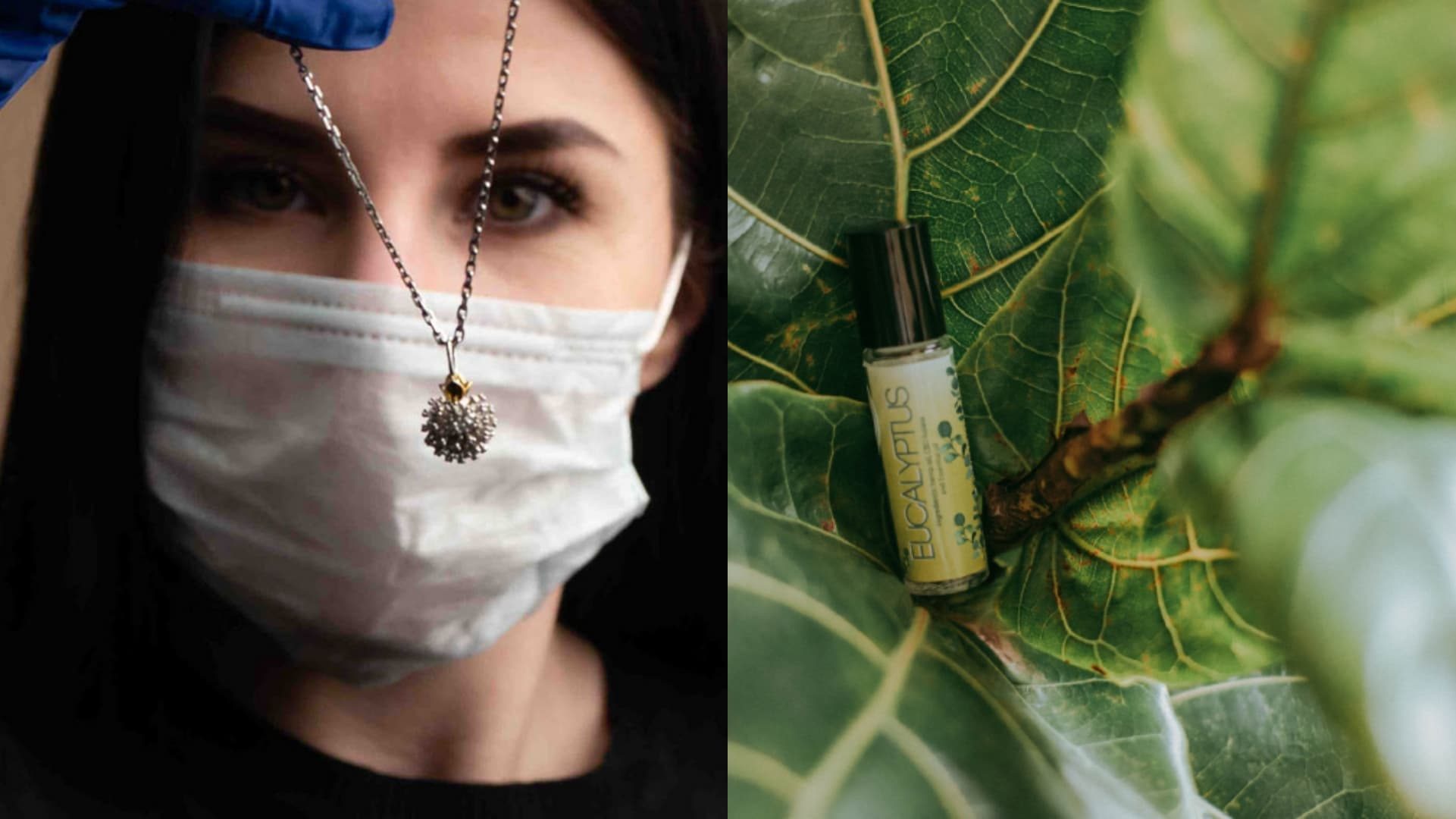 Thirsty for JUICE content? Quench your cravings on our Instagram, TikTok and WhatsApp
Thirsty for JUICE content? Quench your cravings on our Instagram, TikTok and WhatsApp

It is known that the coronavirus pandemic is still ongoing and scientists have yet to create a vaccine for it. However, the Indonesian Ministry of Agriculture said they have something similar to a vaccine and was ready to mass produce it – a necklace that, they claim, can prevent the virus’ transmission.
The “anti-virus necklace” was “invented” by the ministry’s Health Research and Development Agency (Balitbangtan) and will be mass-produced next month said minister Syahrul Yasin Limpo. It is one of the four products developed by the ministry’s researchers to treat or prevent COVID-19.
“From 700 species of eucalyptus, our lab tests results showed that one kind could kill the virus. We are certain,” he said.
Syahrul claimed that if the necklace was used for 15 minutes, it could kill 42% of the virus, and for 30 minutes usage, it could kill 80% of the virus. He also said they have produced a roll-on product made from eucalyptus oil that could be used to treat cut wounds.
This boosted his confidence to go outside in crowded places, claims Syahrul. He said he has used it several times during work visits.
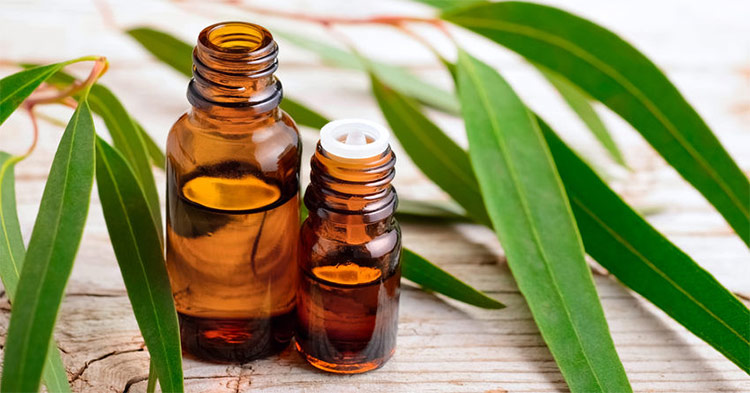
Meanwhile, the head of Balitbangtan, Fadjry Djufry said prototypes of eucalyptus-based products had been used by COVID-19 patients. He claimed there are high rates of recovery from using the products.
“We tested 20 employees from the Agriculture Ministry who tested positive for COVID-19. Their testimonies after inhaling and being treated [with the product] were positive. It helped improve their breathing,” claimed Fadjry, as reported by Tribune News.
However, many experts are sceptical and say there is no scientific evidence that the products could kill the virus, and the research on eucalyptus which was still at the basic molecular level had not been peer-reviewed.
“We know that the world has not yet found a cure for the disease. I think it would be wise for us not to spread further claims to a panicked society,” Herawati Sudoyo, deputy director of the Eijkman Institue for Molecular Biology told Jakarta Post.
Click here for more news.


 Get Audio+
Get Audio+ Hot FM
Hot FM Kool 101
Kool 101 Eight FM
Eight FM Fly FM
Fly FM Molek FM
Molek FM